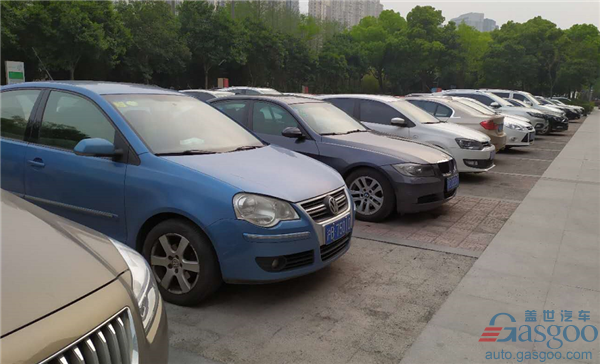CPCA’s secretary general: pushing demands of car-free users is key to boosting auto spending
Shanghai (ZXZC)- The COVID-19 pandemic has snagged China's stable consumption growth. With the firm resolve in stabilizing the national economy and consumption growth, China is expected to further encourage the spending on traditional commodities like automobiles in a bid to offset the downward pressure in consumption field.

Some industrial associations are offering practical suggestions for the sake of revitalization. Cui Dongshu, secretary general of the China Passenger Car Association (CPCA), proposed that cities where auto purchase restriction policies have been implemented increase the automobile license plate quota.
He thought the existing policies mainly focus on promoting the demands of vehicle replacement, which can drive the sales of both new cars and used cars, and bring relatively light pressure to the governance of environmental protection and traffic congestion.
However, it does little good to beefing up the overall vehicle population as the demands of car-free consumers are ignored.
In cities where auto purchase restriction policies have been implemented, residents’ income level is relatively high and the living space is comparatively big. Nevertheless, their vehicle population is out of proportion to the spread of urban areas. For instance, Beijing, whose urban area measures 16,400 sq.km., features a car population of 5.93 million units by 2019; Tianjin has roughly 3.09 million vehicles running on roads with an urban area of around 12,000.
Due to the rise in housing prices, many residents opt to live outside the central downturn. Between rail traffic pivot and residence, there is pretty large space which can be used to further popularize private cars. Hence, the vehicle purchase restriction should be relaxed as appropriate to fulfill the car shopping demands for more consumers.
Moreover, Mr. Cui also suggested temporarily halving the vehicle purchase tax. The policy is likely to more boost the sale of vehicles with emission of 1.6 liters or below than above, so that the current downturn would be turned around to some degree since the government upholds the promotion of energy-saving vehicles and vehicles with smaller displacement.
He added that the halved tax may help the vehicle sales grow by nearly 2.59 million units. Therefore, the state would see the tax revenue increased by around RMB30 billion thanks to the corresponding push in excise tax and VAT.

